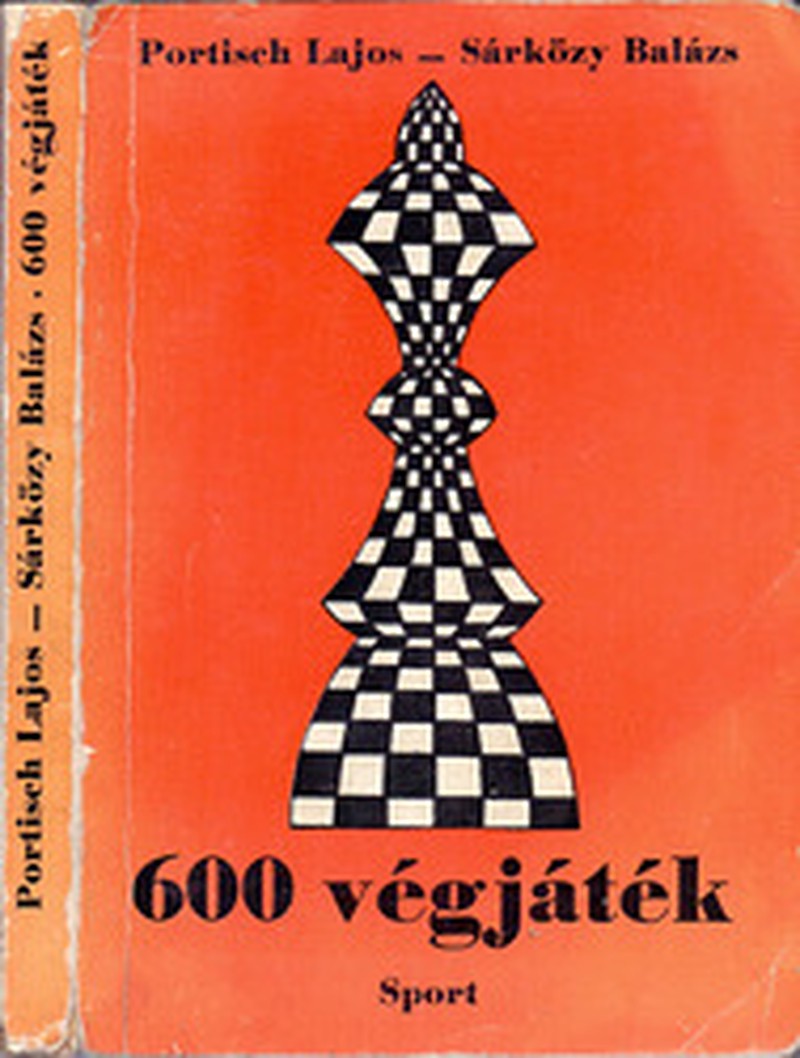
How titled players lie to you
This post is a word of warning for the average club player. As the chess world is becoming increasingly salesy, snake oil marketing is becoming more and more the norm. It is time to reconsider how much you trust titled players.The good old times without marketing...
If you are as old as I am, you might remember how different the chess world was a few decades ago.
At that time, there was no real money in chess. People who chose chess as a profession did it for the love of the game, and with that, they gave up any financial ambitions. If someone was not a top player, all they could hope for was a decent living, nothing more.
Chess publishing was a niche market. Books were mostly written to advanced players, and had unassuming titles like “600 Endgames” and “Advanced Chess Tactics”.
The authors did not seem to be aware that there was such a thing called marketing. There were no sales pitches in their books. They did not make promises that you will improve if you read their stuff.

One of the best endgame books I ever had, called 600 Endgames. It certainly did not overpromise...
...and what we have today
Nowadays, things are very different. We are having a huge influx of new players, and those new players apparently started to buy books and all kind of chess materials.The first time in history, chess has a real market.
As a result, chess is also becoming increasingly salesy. Gone are the days of blissful ignorance in marketing - quite the contrary, we see titled player becoming marketing experts.
Check the websites of some well-known authors, and you will see all the marketing tecniques and buzzwords ever invented. Unique selling proposals, lead magnets, customer’s journey, sales funnels, money-back guarantee, testimonials, limited time offers, whatever - they have them all. It feels like any of them could walk into a business school and give an impromptu lecture on marketing without a problem.
Of course, I would not mind professional marketing in itself, if it was paired with intellectual honesty. Unfortunately, a lot of times it is not. More and more of these titled marketing gurus sell complete bullcrap to gullible amateurs, and they seem to get away with it.
My advice to you
First of all, if there is money involved, do not trust a titled player blindly.
Treat them with the same level of skepticism as you would treat a real estate agent or a second-hand car dealer. Lot of the titled players nowadays are salespeople, not some kind of unbiased experts.
Second, learn to recognize the typical marketing lies you hear from them.
I will give you some common examples.
Lie No. 1 - You are training hard
This is the starting assumption of nearly every sales pitch. They claim that you are already training hard, but do not get the results you deserve due to the incorrect methods and low-quality material you are using.
Solution? Well, buy their products, of course!

Average Joe training hard - taken from a real chess ad. Note the absurd number of books.
Reality check
It is a very, very rare thing that amateurs train hard. Most of the time, they don’t even know what hard training is.
Actually, it is one of the most difficult things in coaching to convince people to start serious training and stick with it. If they do, the results are practically guaranteed.
I am yet to see a case where consistent hard training does not bring results. This kind of problem only exists in Marketing Fairyland.
Lie No. 2 - Training should be fun
Fun is easier to sell than hard work, so the snake oil guys are happy to give you all the entertainment in the world, claiming that it will do the job just as well.
Videos, live streaming with lot of funny comments, easy to understand tips and methods, all forms of passive learning, a lot of jokes and anecdotes - you will surely have a great time.
Reality check
Effective training is highly unpleasant at the beginning. It feels hard and frustrating, until you get used to it - which might take months.
After that, you will still find it hard, but you will get some kind of satisfaction from it, as you more frequently get into a state of flow. Still, it will never be exactly “fun”.
Now, don't get me wrong - I am not against fun and entertainment. It should not be sold as training, though, because it has nothing to do with it.
Lie No. 3 - Traditional methods are not effective
Trashing the traditional methods (things like reading books, go over annotated games, solving studies, etc.) is an absolute must for snake oil marketers.
Unfortunately for them, learning material in chess can be very cheap or even free, so they have to convince you not to go for the cheap stuff.
Buying some second hand books for a few dollars, or paying a few hundred dollars for video courses? That is a very dangerous comparison - dangerous for the marketers, that is. No wonder that chess books get trashed so mercilessly...
Reality check
As far as I can tell, the most effective training methods are pretty much the same today as they were back in the 90s.
I know personally coaches who train the top juniors of our country - the kids who will become GMs sooner rather than later. I can testify that in those circles still everybody trains with the despised "traditional methods".
Oh, and almost needless to say - even today, chess books are absolutely indispensable.
Lie No. 4 - You can tick something off once and for all
Tactics, endgames, openings, middle games - whatever is the subject, you take their course, and you are done with it for a lifetime, so you never have to touch it again.
"All the tactics/endgames you ever need to know". "Openings for a lifetime" - I guess it sounds familiar.
Reality check
Chess improvement has a cyclical nature. That is, you work on something, then put it aside for a while, then come back to it again. And again. And again.
You can only stop working on a certain area of your game, but never finish it, as there is always more to learn. If you dislike one of the areas of chess so much that you want to get rid of it once and for all, then you should develop a liking for it - or just accept that chess improvement is not for you.
Final thoughts
- I could go on with that (we haven't even touched openings, the dirtiest market in chess!), but hopefully this is enough for an eye-opener. Be very careful with your sources, and choose wisely who you trust, before investing your money and time.
- Also, I hope I don't get misunderstood: I am not saying that all titled players or even the majority of the titled players are snake oil salespeople. It is only a very active and very unscrupulous minority that creates the problem.
- I do think, though, that honest titled players could be a bit more active in defending the honour of the trade. Even if we cannot defend all the gullible amateurs of the world, it is our moral duty to speak up sometimes.
View more blog posts by HGabor

Typical mistakes Nr 2 - Not picking up forcing moves
This is the second post in a series of the most typical mistakes I encounter as a chess coach. I tho…
Typical mistakes - Defending against unsound attacks
This is the first post in a series of the most typical mistakes I encounter as a chess coach. I thou…
Procrastination in chess decision making
This post is about another common mistake I see a lot as a chess coach. Pretty much all my students …